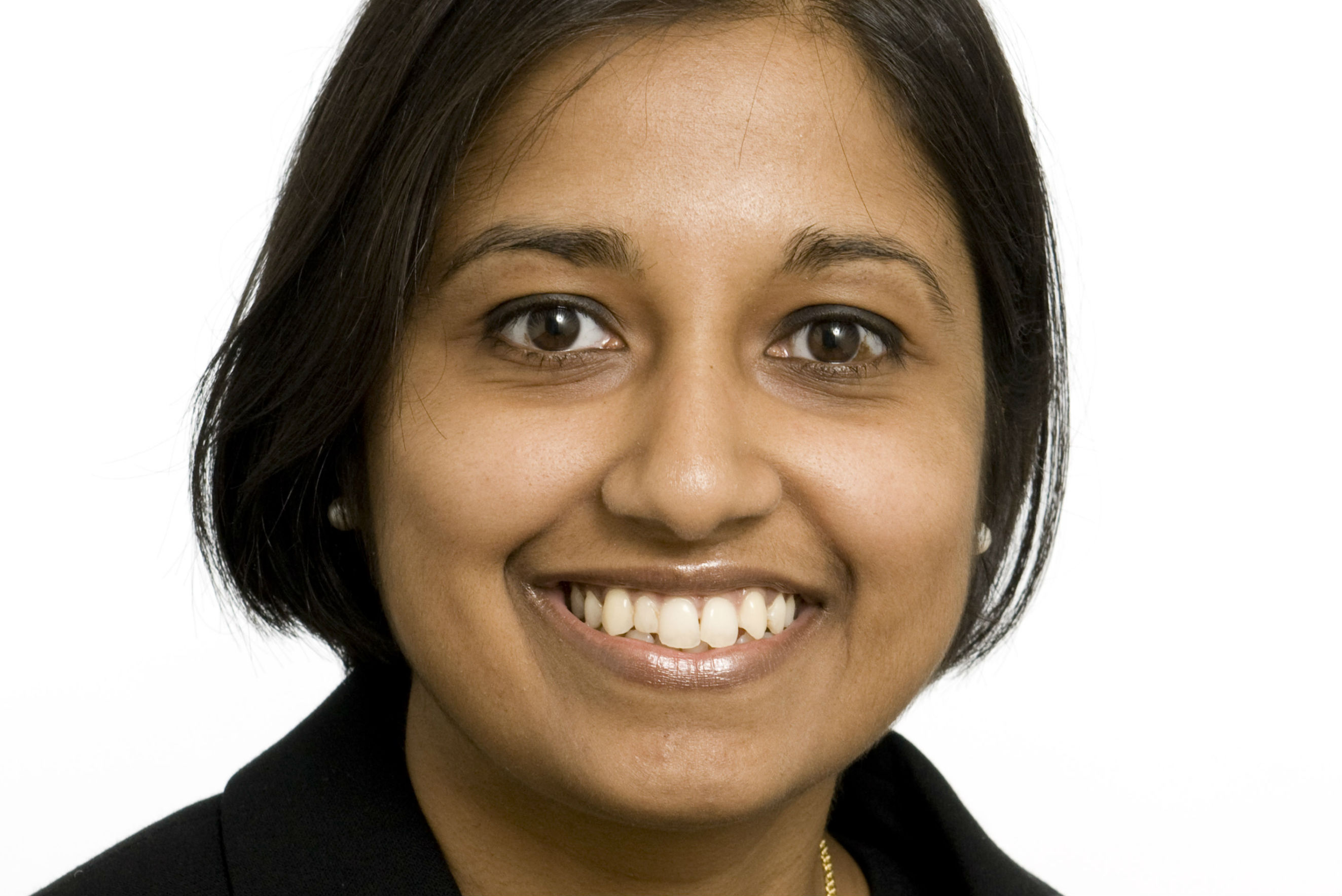Protection for reflection: how to rebuild confidence in a learning culture


Legitimate concerns have been raised by the profession about the use of personal reflections in the context of civil and criminal investigations. What is an extremely valuable practise for healthcare professionals as individuals, and for bringing about learnings and improvement in patient care across the healthcare system, is at risk and we believe there are some safeguards that could help to rebuild confidence in the process. The Government’s rapid review into gross negligence manslaughter (GNM) in healthcare provides a timely opportunity to explore these further.
Learning from mistakes and recognising how to do things better is human nature and occurs both in our personal and professional lives. In its widest sense doctors are constantly reflecting through audits, de-briefs, teaching and evidence driven practice. Without it medicine could not advance and improvements in patient safety would be hindered. It is the formalisation of this process in modern healthcare which is now under scrutiny.
When errors – sometimes fatal errors – are made in the NHS, Significant Event Analyses and inquisitorial processes such as inquests facilitate learning and improvement. The effectiveness of these processes rely absolutely on healthcare professionals’ trusting that they can be open with the process, especially when something has gone seriously wrong in the provision of patient care.
Many factors weigh upon us as doctors when engaging with these processes. As well as the personal and professional desire to identify learnings, there are regulatory, legal, contractual, professional and ethical considerations – many of which interconnect, but have a tension between them and the human instincts of self-preservation.
For the NHS to truly have an open, learning culture, it is clear that a ‘safe space’ is needed to discuss errors openly
For instance, in England, healthcare organisations are under a statutory duty of candour, and all doctors are under a professional duty.[1] The GMC also recently acquired the power to compel doctors to disclose information that could incriminate them, including written reflections.[2] While it is welcome that the GMC has stressed that it does not demand to see personal reflections as part of Fitness to Practise (FtP) cases, the fact remains they have power to do so, and some steps could be taken here to provide some additional reassurance.
There is an understandable sense of fear on the part of many in the profession, that by fulfilling their obligations and professional desire to be reflective following adverse events, they can leave themselves vulnerable to criticism from their employer, regulator or even face criminal prosecution.
It is vital that doctors reflect during all stages of their career; from medical school and beyond. How to ensure these thoughts and emotions are properly recorded and are a helpful learning tool should be considered. However, to have real meaning and for the NHS to truly have an open, learning culture, it is clear that a ‘safe space’ is needed to discuss errors openly.
While affording legal privilege to every process or situation requiring reflection (in its widest sense) would undermine its fundamental purpose of learning and improvement, and all doctors are accountable for their actions, we believe there are certain situations where providing a truly confidential environment is in the public interest.
We have set these out in our response to the Government’s review:
1. Written reflections with the sole purpose of education and training should be given special, legally privileged status so they cannot be disclosed to a third party (ie, the court, regulator, employers or the police). This should include reflections in all education and training documents, such as e-portfolios and all annual appraisals, training forms and the Annual Review of Competence Progression – whether completed by a doctor or a consultant/supervisor.
2. The recent amendment to Section 35 1A of the Medical Act 1983, which enables the GMC to compel registrants to disclose information that could incriminate them (including personal reflections), should be repealed.
3. To build a ‘safe space’ for reporting and learning, the Government should accelerate the process of giving the Healthcare Safety Investigation Branch (HSIB) a statutory underpinning. The HSIB should then give legal protection to individuals (and their comments) engaging with an investigation. This protection should prevent any of their disclosure from being passed to a third party – including the court, regulator, employers or the police.
4. Medical schools should provide greater resource to educating students on reflection and anonymisation – to ensure they understand the purpose, logical thought processes and are armed with the tools they need for modern day practice, which calls for reflection. We welcome the guidance on entering information into an e-portfolio recently published by the Academy of Medical Royal Colleges.[3]
We recognise that any proposal around reflections in the current climate will be subject to scrutiny and questions. We also acknowledge that the laws around legal privilege are extremely complex. The Government will need to work with MPS and other health and legal organisations to ensure any change in law is effective, and compatible with the environment in which doctors’ practise.
Some of the proposals we suggest could be progressed relatively swiftly, while others will require change over a longer period. Regardless, commitment to taking steps will reassure doctors who are feeling vulnerable. The level of concern in the profession should not be underestimated. We recognise it, and it is important that the Government, employers and regulators play their part in addressing it.
Dr Pallavi Bradshaw is senior medicolegal adviser at the Medical Protection Society
References
1. ‘Duty of candour.’ Health and Social Care Act 2008 (Regulated Activities). Regulations 2014: Regulation 20
2. Medical Act 1983. Part V. Section 40A (General Council’s power to require disclosure of information)
3. Academy of Medical Royal Colleges. Summary guidance: Entering information into an e-portfolio
Pulse October survey
Take our July 2025 survey to potentially win £1.000 worth of tokens













